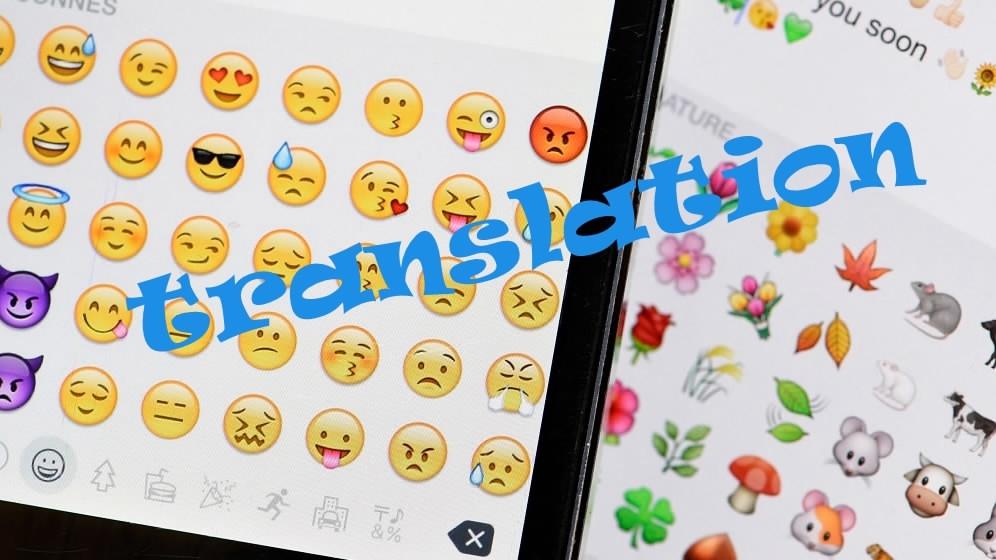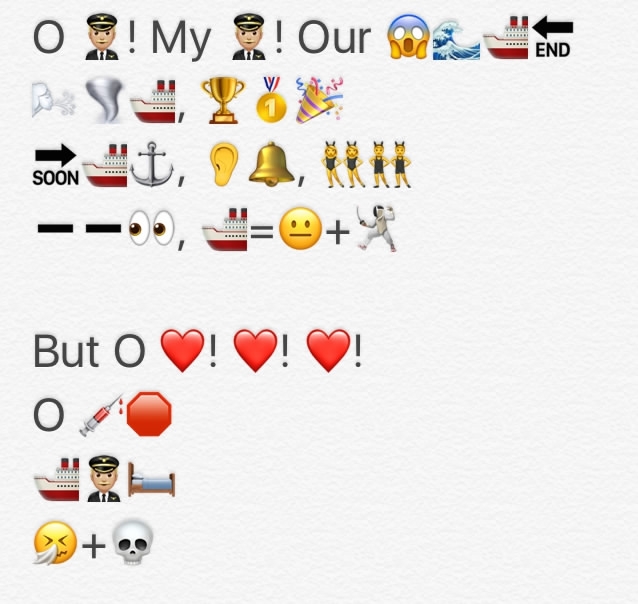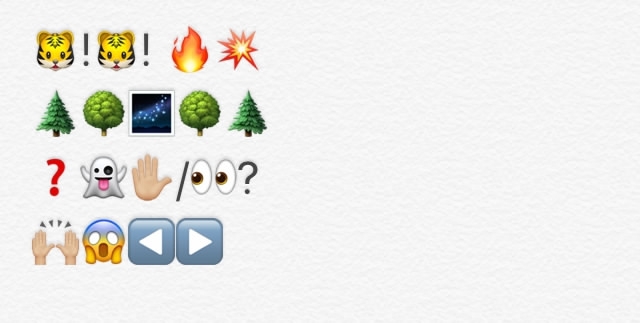
Culture
22:33, 30-Aug-2017
When classic poems are translated in emoji
CGTN

The Paris Review, an American literary magazine, recently published three poems on its website. Unusually, the poems are translated in emoji.
Here are two of them, can you guess which two poems have been translated?

screenshot from the Paris Review
screenshot from the Paris Review

screenshot from the Paris Review
screenshot from the Paris Review
Pic1: O Captain! My Captain!
O Captain! My Captain! our fearful trip is done;
The ship has weather'd every rack, the prize we sought is won;
The port is near, the bells I hear, the people all exulting,
While follow eyes the steady keel, the vessel grim and daring:
But O heart! heart! heart!
O the bleeding drops of red,
Where on the deck my Captain lies,
Fallen cold and dead.
Written by American poet Walt Whitman
Pic 2: The Tyger
Tyger Tyger, burning bright,
In the forests of the night;
What immortal hand or eye,
Could frame thy fearful symmetry?
Written by British poet William Blake
Background Information:
Intersemiotic translation - translation of the verbal sign by a non-verbal sign, for example music or image, such as emoji and emoticon.
Russo-American linguist Roman Jakobson in his seminal paper, "On Linguistic Aspects of Translation" makes a very important distinction between three types of written translation: intra-lingual translation, inter-lingual translation and inter-semiotic translation.
Intralingual translation - translation within the same language, which can involve rewording or paraphrase.
Interlingual translation - translation from one language to another.

SITEMAP
Copyright © 2018 CGTN. Beijing ICP prepared NO.16065310-3
Copyright © 2018 CGTN. Beijing ICP prepared NO.16065310-3